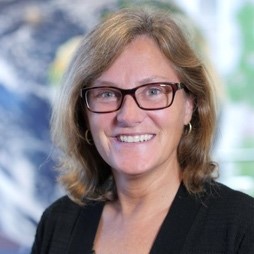Not all women will vote for Kamala Harris, but a lot might.
There has been a lot of speculation about whether Vice President and presumptive 2024 Democratic presidential nominee Kamala Harris can attract the women’s vote. But should we consider women as a monolithic voting bloc? Political Science Professor Shana Gadarian researches political behavior…



